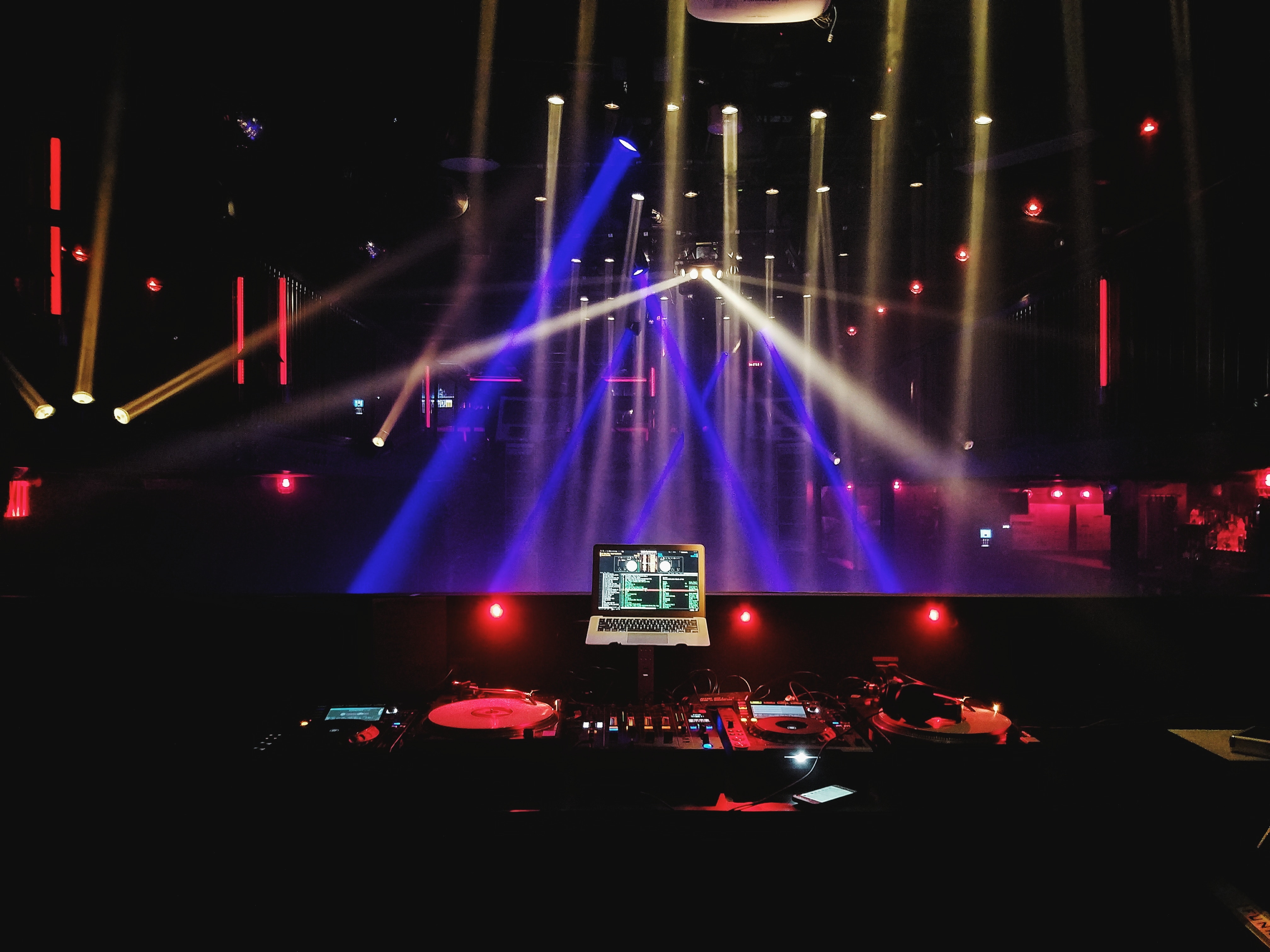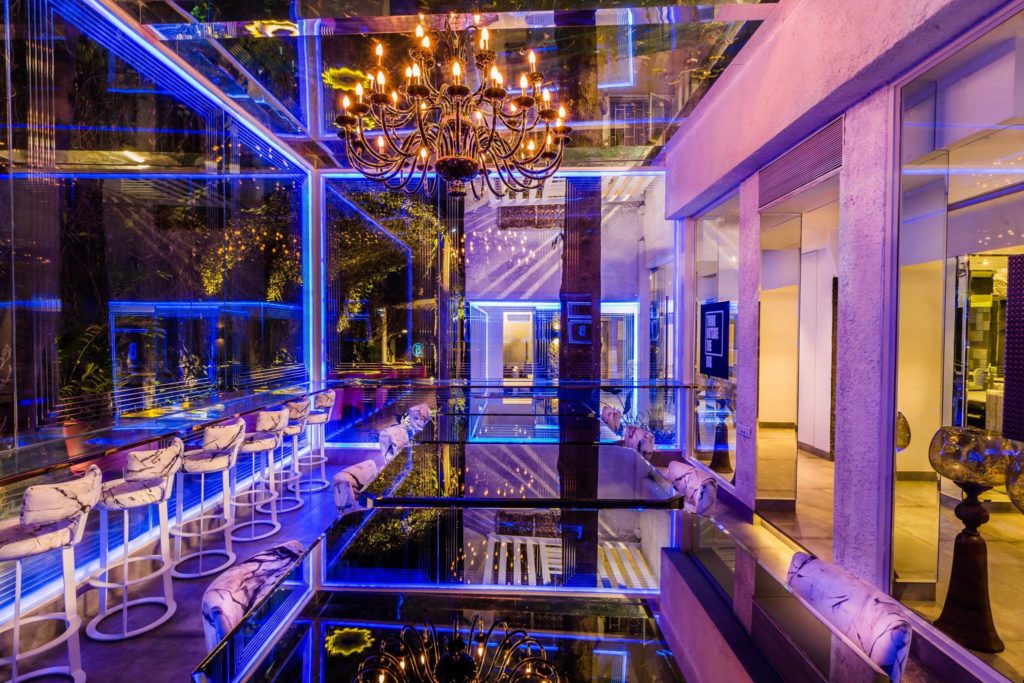Lighting
As a lighting designer, he brings the knowledge and expertise of quickly expanding an array of available lighting equipment and technology. Because he neither sells lighting equipment, the design is based on an objective understanding of the project goals and budget. While electrical engineers can design a lighting system, that design is most likely based on electrical requirements and code standards but may lack the aesthetic sensitivities to the overall architectural design, this problem never arises as he has the expertise of both the fields. Lighting design requires a technical understanding of electricity, light sources, and vision while also a sensitivity to architectural and aesthetic issues. The end design needs to meet the visual requirements for human eyes performing an endless array of tasks while also illuminating the architectural forms and immediate environment.
Why Lighting Matter ?
The human perception of light, the physical properties of the room and the activity for which the room is planned are all factors that influence our judgement of the mood, ambiance, energy of the room and how suitable it is for the planned activities. The interaction between these factors has to be considered in the lighting design process. As a consequence, several lighting methods are needed for relevant characterization of room lighting conditions. Those methods reflect different properties of the designs, feel, mood and purpose of light field in a room.


Where Do Lighting Matter ?
Clubs
Pubs
Restaurants
Auditoriums
Theaters
Buildings
Shops
Stadiums
Factories
Offices
And various applications where lighting and illumination are important factors.
